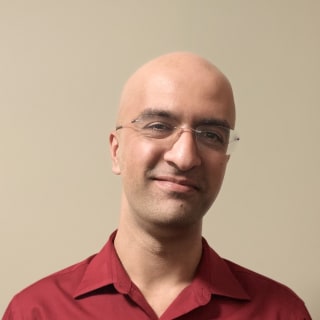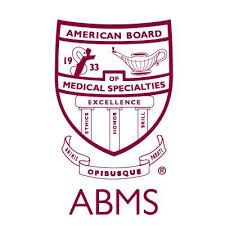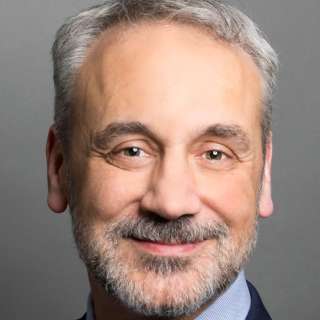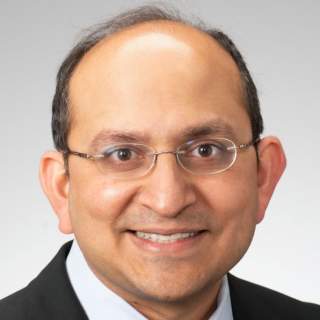
Join to View Full Profile
1431 Opus PlSTE 110Downers Grove, IL 60515
Phone+1 888-279-0002
Fax+1 630-358-6723
Dr. Sultan is on Doximity
As a Doximity member you'll join over two million verified healthcare professionals in a private, secure network.
- Gain access to free telehealth tools, such as our “call shielding” and one-way patient texting.
- Connect with colleagues in the same hospital or clinic.
- Read the latest clinical news, personalized to your specialty.
Summary
- Faraz is passionate about both discovery and the practice of psychiatry. He trained at Rice University as an undergraduate and moved to the University of Alabama at Birmingham (UAB), where he was part of the Medical Scientist Training Program, culminating in an M.D. and Ph.D. in Neurobiology. His academic interests include molecular and behavioral neuroscience, computational sciences, and translational psychiatry. Faraz's strategies are patient-specific and motivated by quantitative evidence derived from high-quality studies. Still, as an investigator, he understands psychiatry is a rapidly evolving field, and it is the goal of translational scientists to fill the gaps in our knowledge. Faraz consistently uses his best clinical judgment, combining facts and theory to care for his patients. Faraz is a strong proponent of multimodal approaches to patient care. He endorses the appropriate use of pharmacology, therapy in a variety of settings, and novel and long-standing somatic tools. He strives for efficient deployment of evidence-based evaluation and treatment algorithms but simultaneously has a low threshold for questioning generic approaches, especially when treatment is less effective than expected. Statement on ADHD management: Neurodevelopmental disorders such as ADHD are diagnosed and treated in relation to comprehensive clinical judgment. Diagnosis may require multiple avenues including psychiatric evaluation, review of past psychological and related records, medical workup, cognitive testing, and collateral information gathering. Collectively, diagnosis may take up to several months, especially in individuals looking to be initially evaluated for ADHD. Additionally, patients with a prior diagnosis or corresponding medication treatment history of ADHD should not assume this will be carried forward automatically. As in all aspects of psychiatric care, thorough assessment and clinical judgment will guide recommendations.
Education & Training
 University of Alabama School of MedicineClass of 2015
University of Alabama School of MedicineClass of 2015 Rice UniversityBS, Biochemistry, Cum Laude, 2002 - 2005
Rice UniversityBS, Biochemistry, Cum Laude, 2002 - 2005
Certifications & Licensure
 IL State Medical License 2018 - 2026
IL State Medical License 2018 - 2026 American Board of Psychiatry and Neurology Psychiatry
American Board of Psychiatry and Neurology Psychiatry
Publications & Presentations
PubMed
- 2 citationsRobust, scalable, and informative clustering for diverse biological networks.Chris Gaiteri, David R Connell, Faraz A Sultan, Artemis Iatrou, Bernard Ng
Genome Biology. 2023-10-12 - 3 citationsGadd45 in Neuronal Development, Function, and Injury.Faraz A Sultan, Bassel E Sawaya
Advances in Experimental Medicine and Biology. 2022-01-01 - 23 citationsRegulation of dopamine-dependent transcription and cocaine action by Gadd45b.Morgan E. Zipperly, Faraz A. Sultan, Guan-En Graham, Andrew C. Brane, Natalie A. Simpkins
Neuropsychopharmacology. 2021-03-01
Viewing the full profile is available to verified healthcare professionals only.
Find your profile and take control of your online presence:









